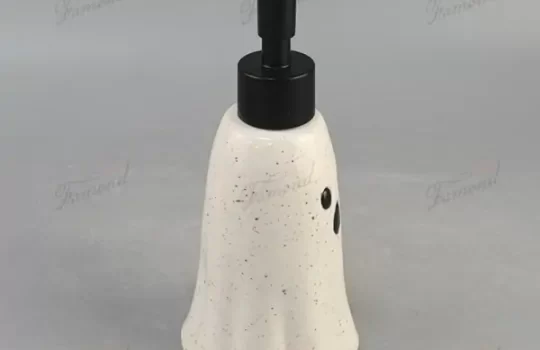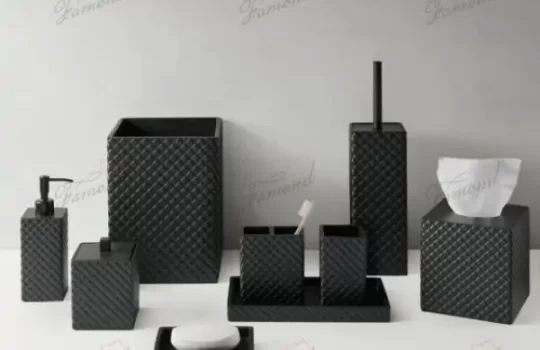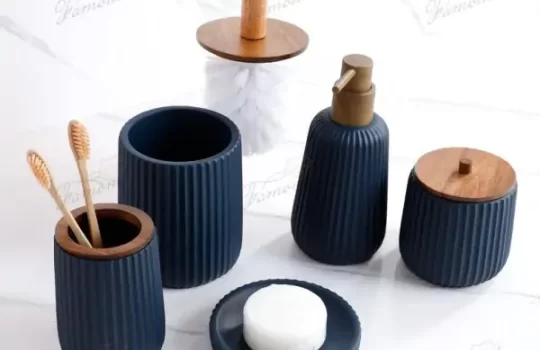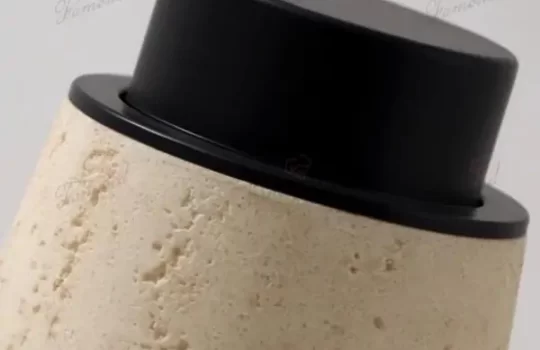Introducing the Perfect Soap Dish for Your Bathroom: A Comprehensive Guide from Famond Home
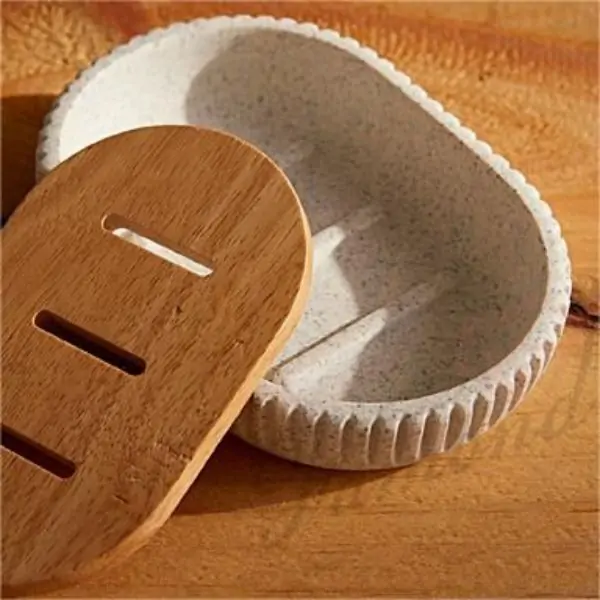
Creating a functional and stylish bathroom involves attention to detail, from the faucet to the showerhead. One often overlooked yet essential accessory is the soap dish. At Famond Home, we believe that the right soap dish can enhance both the aesthetic appeal and practicality of your bathroom. In this guide, we delve into the various materials used in soap dishes—resin, bamboo/wood, cement, diatomite, ceramic, plastic, and metal—to help you make an informed choice.
If you have any questions or need assistance, feel free to reach out to us at Jane@famondhome.com. Let’s explore the different options available.
1. Resin
Pros: Offers a wide range of colors and designs, making it easy to match with different bathroom styles; lightweight and resistant to breaking.
Cons: May degrade or lose its luster over time in humid environments and is not as eco-friendly as natural materials.
Best Suited For: Budget-conscious consumers who want a variety of design options.
2. Bamboo/Wood
Pros: Made from natural materials, bamboo and wood soap dishes feature unique textures and patterns; sustainable and environmentally friendly.
Cons: Prone to mold growth and rotting if not properly maintained in damp conditions.
Best Suited For: Eco-conscious individuals who prefer a natural aesthetic.
3. Cement
Pros: Extremely durable and modern-looking, cement soap dishes are hard-wearing and resistant to damage.
Cons: Heavy and can be rough on the skin; they may not be suitable for everyone due to their weight.
Best Suited For: Those who appreciate industrial or minimalist design.
4. Diatomite
Pros: Highly absorbent, diatomite soap dishes dry soap quickly and are naturally antibacterial.
Cons: Fragile and prone to breaking; limited color options.
Best Suited For: Health-conscious users who want their soap to stay dry and clean.
5. Ceramic
Pros: Available in numerous colors and patterns, ceramic soap dishes are wear-resistant and easy to clean.
Cons: Heavier and more prone to breaking compared to plastic; can vary widely in price.
Best Suited For: Individuals looking for traditional or artistic designs.
6. Plastic
Pros: Economical, lightweight, and shatterproof, plastic soap dishes are easy to clean.
Cons: May appear less premium and can warp under heat or sunlight.
Best Suited For: Consumers on a tight budget or those who frequently change their soap dishes.
7. Metal Hardware
Pros: Strong and durable, metal soap dishes come in various metals (such as stainless steel and brass) and are rust-resistant.
Cons: Some metals may corrode in damp environments and can be quite heavy.
Best Suited For: Those who desire a modern look and high-quality construction.
To sum up, the choice of material for your soap dish should reflect a balance between beauty, functionality, and your personal preferences. Whether you seek rustic charm or a contemporary flair, Famond Home offers a variety of options to meet your needs. Contact us at Jane@famondhome.com for personalized advice and to discover our full range of products.


